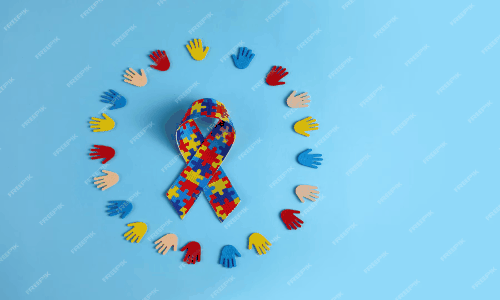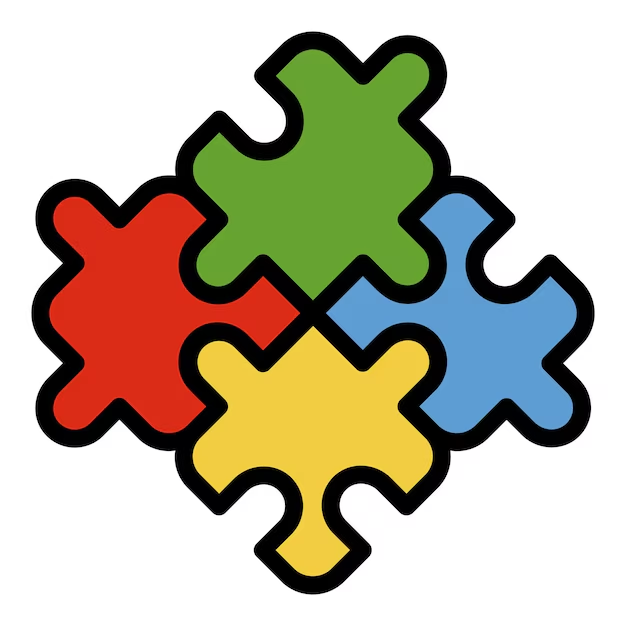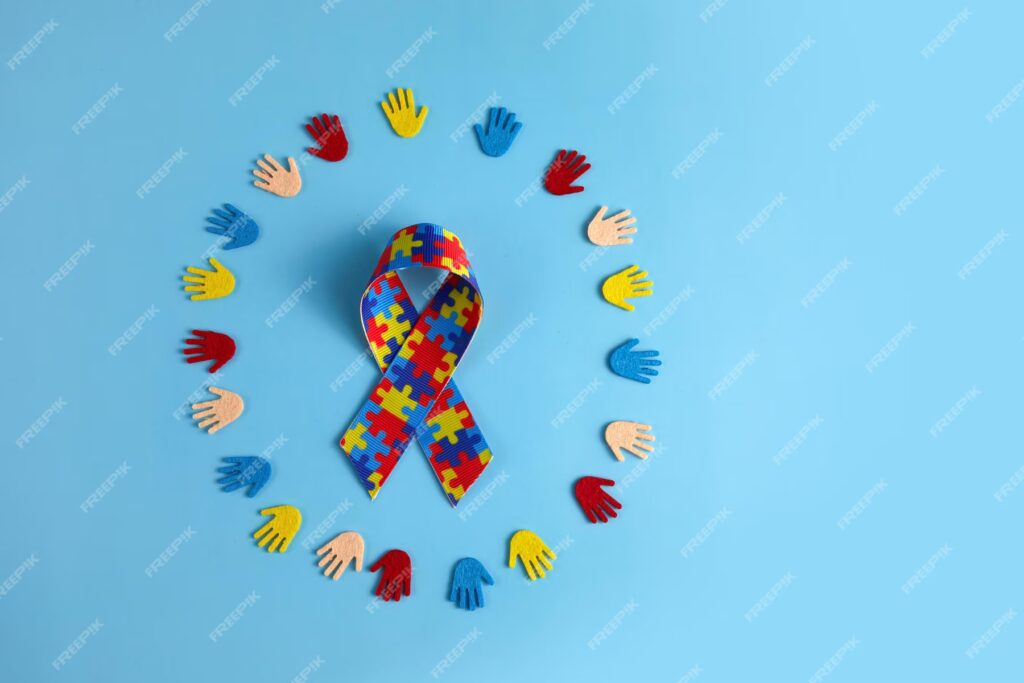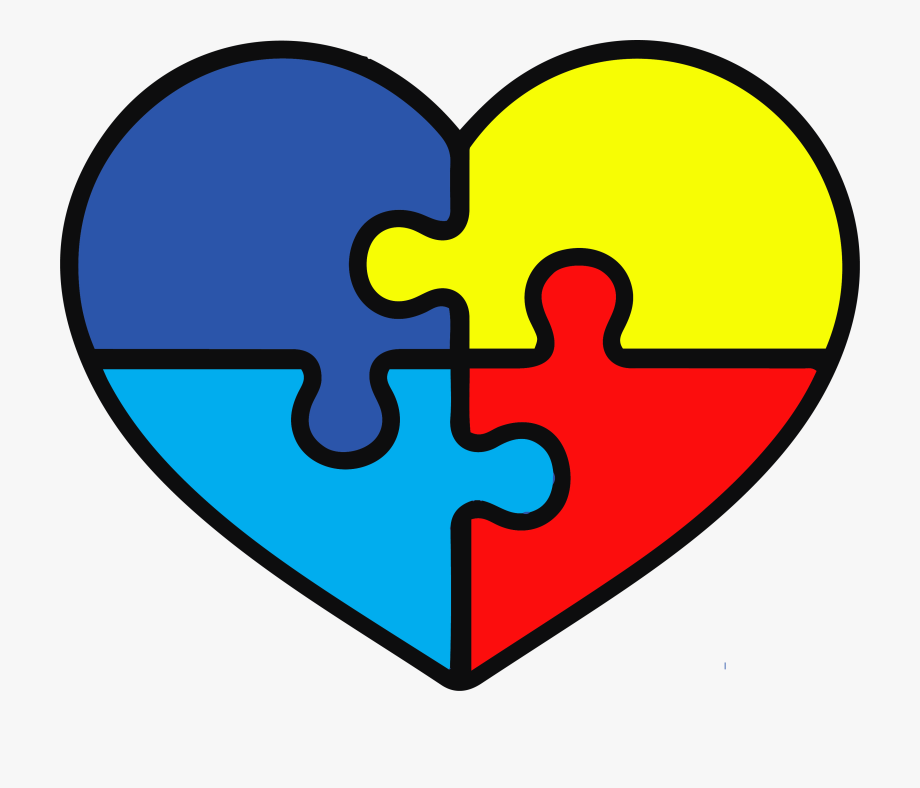Adverts
Autism is a condition that affects millions of people around the world, and yet many of them face daily challenges due to prejudice and lack of understanding.

Therefore, talking about inclusion, rights and empathy is not only necessary, but essential to promote a more equal and welcoming society. 🌍
Adverts
This content aims to highlight the importance of respecting differences, understanding the needs of autistic people and valuing their uniqueness.
We will address everything from fundamental rights to the positive impacts of inclusion in the lives of those living with Autism Spectrum Disorder (ASD).
Adverts
Furthermore, it is essential to reflect on the role of empathy in transforming everyday coexistence. Small actions, such as listening, learning and respecting, make all the difference. ❤️
Join this cause and discover how every action counts towards building a fairer and more accessible world for everyone. After all, inclusion is not just a concept: it is a commitment to humanity. 🤝

What is autism and why does talking about it matter? 🧩
Autism Spectrum Disorder (ASD) is a neurodevelopmental condition that affects communication, behavior, and social interaction. It’s called a “spectrum” because the characteristics can vary greatly from person to person, ranging from mild needs to more intense levels of support. But above all, we need to remember that autism doesn’t define anyone — each person on the spectrum is unique and has their own way of seeing and interacting with the world. 💙
Recommended Articles:
Talking about ASD is essential because lack of knowledge still fuels many prejudices and barriers. Despite advances in terms of diagnosis and inclusion, there is still a long way to go to ensure that autistic people have equal opportunities and are respected in all environments. When we discuss the subject, we help to demystify stigmas, promote empathy and encourage a more welcoming society.
Main characteristics of ASD
The characteristics of autism can be divided into a few main areas, which include:
- Social interaction: difficulties understanding facial expressions, body language or social norms.
- Communication: can range from speech difficulties to alternative forms of communication, such as the use of devices or sign language.
- Behavior: restricted interests, repetition of activities, or sensitivity to sounds, lights, and textures.
It’s important to remember that not all people on the spectrum will have exactly the same characteristics or experiences. Some people may be extremely communicative and talkative, while others prefer more limited interactions. And that’s okay! The important thing is to recognize these differences as part of human diversity. 🌈
Inclusion goes beyond acceptance: it's about action! 🤝
Including autistic people in society goes far beyond silently accepting them. It is necessary to create real spaces for participation, where their voices are heard and their needs are respected. This requires changes on several fronts, such as education, the job market and even social interaction.
In education: accessibility is essential
When we talk about school inclusion, we are talking about ensuring that autistic children and young people have access to quality education that is adapted to their needs. This includes everything from differentiated teaching methods to support from specialized professionals, such as occupational therapists and school mediators.
- Teacher training: Educators need training to understand autism and apply inclusive strategies.
- Adapted materials: visual resources, technology and sensory activities can be powerful allies in learning.
- Cozy environments: classrooms that respect sensory sensitivities and promote empathy among students.
When schools are inclusive, everyone wins. Autistic students learn and develop better, while their peers gain valuable lessons about diversity and respect. 🏫✨
In the job market: everyone has something to contribute
The job market also needs to open its doors to autistic people, not out of charity, but out of recognition of their potential. Many autistic people have incredible skills, such as attention to detail, creativity and an impressive sense of organization. However, barriers such as a lack of adaptations in the workplace or poorly structured interviews make it difficult for them to access opportunities.
Companies can adopt inclusive practices such as:
- Offer adapted selection processes that do not prioritize social skills as the main criterion.
- Create calm environments free from excessive sensory stimuli.
- Ensure ongoing support, such as mentoring or monitoring by a specialized professional.
A diverse team is more creative and efficient, and including autistic people is an essential step towards achieving this. 🌟

Autistic People's Rights: What Everyone Needs to Know
The rights of autistic people are not always known or respected, which reinforces the need for information and awareness. In Brazil, Law No. 12,764/2012, also known as the Berenice Piana Law, establishes the rights of people with ASD and defines guidelines for their inclusion in different areas.
Access to health
The Unified Health System (SUS) offers diagnostic and treatment services for people with autism. These services include:
- Multidisciplinary services, such as psychologists, occupational therapists and speech therapists.
- Early intervention programs, which are essential for the development of autistic children.
- Provision of medicines when necessary.
Furthermore, families are entitled to the Continuous Benefit Payment (BPC), which guarantees financial support for autistic people in vulnerable situations.
Education and leisure
Brazilian legislation ensures that autistic children have the right to inclusive education in regular schools, as well as access to adapted materials and mediators, when necessary. In terms of leisure, spaces such as parks and cinemas must also adapt, promoting special sessions, such as cinema sessions adapted for sensory sensitivity (the so-called “inclusive sessions”). 🎥
Knowing these rights is the first step to ensuring that they are respected. You can't fight for what you don't know, right?
Empathy: the key to transforming lives ❤️
If there is something that can really change the way the world sees autism, it is empathy. And no, I am not talking about a superficial feeling, but an active empathy that leads to practical actions.
How to demonstrate empathy in everyday life?
Small changes in our behavior can make a huge difference in the life of an autistic person and their family. Here are some ideas:
- Listen: Before making assumptions, listen to what the autistic person or their family has to say. Every story is unique.
- Be patient: Communication won't always be quick or conventional, but that doesn't mean there isn't a lot to share.
- Respect the limits: If an autistic person doesn't feel comfortable participating in certain activities, that's okay! Forcing things doesn't help anyone.
- Reinforce the qualities: celebrate the person's talents and achievements, rather than just focusing on the challenges.
When we put ourselves in someone else's shoes and make a genuine effort to understand their experiences, we create a world where no one feels invisible or left behind. 🌍✨

Conclusion
Autism is a condition that demands more than just understanding; it requires respect, empathy, and concrete actions that promote inclusion. 🌟 Each individual on the autism spectrum has unique characteristics that enrich human diversity, and it is our duty as a society to ensure that their rights are respected and their voices heard. When we understand the importance of valuing these differences, we are building a more just and equal future.
Furthermore, inclusion should not be just a concept, but rather a daily practice. This means creating welcoming environments, combating prejudices and encouraging acceptance in all spaces, such as schools, companies and communities. After all, true transformation begins when we put aside judgment and embrace empathy. 💙
So join this essential cause and be an agent of change! The more people are engaged in this fight for equality, the more lives will be transformed. Share information, support inclusive initiatives and, above all, respect differences. Because, at the end of the day, every small gesture of empathy makes a big difference. 🌍 Let's work together to build a society where everyone, without exception, can live with dignity and acceptance. ❤️



